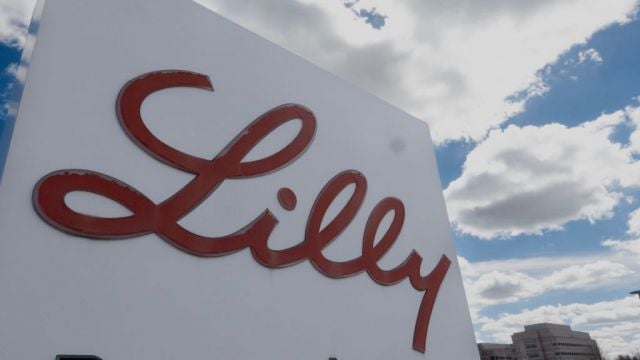US pharmaceutical firm Eli Lilly plans to invest €1.6 billion across two manufacturing sites in Ireland to boost production of its hugely popular obesity drug and a newly approved treatment for Alzheimer's.
The investments are part of Lilly's ongoing commitment to expand production, especially for its top-selling diabetes and obesity drugs, Mounjaro and Zepbound, respectively.
The company has committed over $20 billion (€18 billion) since 2020 to build and expand its manufacturing facilities in the US and Europe.
The firm said it has invested roughly $800 million in its new facility in Kinsale, Co Cork, which began manufacturing Lilly's obesity and diabetes medicines last year. Demand for Zepbound has outpaced supply for most of this year.
The rest of the investment will go towards expanding the drugmaker's facility in Limerick, which will focus on producing active biologic ingredients for certain drugs, including the Alzheimer's treatment.
The project is supported by the Government through IDA Ireland.
Minister for Enterprise and Employment Peter Burke said the new facilities would contribute to the treatment of diseases affecting millions of people across the world.
"Eli Lilly and Company has made a huge commitment to Ireland for almost half a century and these announcements today further solidify their confidence in Ireland as a global leader in the Biopharma sector," he said.
Lilly's drug for Alzheimer's received US approval in July and is currently under review with the European and UK health regulators.
Danish rival Novo Nordisk has also invested billions in manufacturing to ramp up supply of its popular weight-loss drug Wegovy, including a $11 billion deal to take over three sites from contract manufacturer Catalent.
In the US, Lilly quickly built a market share of around 40 per cent since launching Zepbound in December. Analysts believe that as Lilly increases its manufacturing capacity, the market could be roughly split 50-50 between Lilly and Novo Nordisk by the end of this year.
Some analysts forecast the market for new weight-loss drugs could reach $150 billion annually by the early 2030s.







